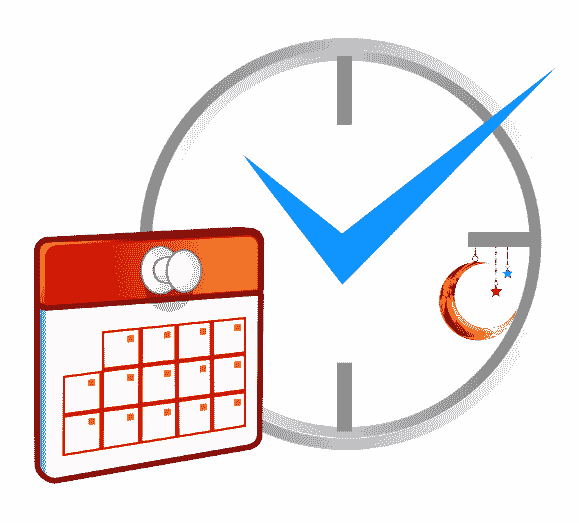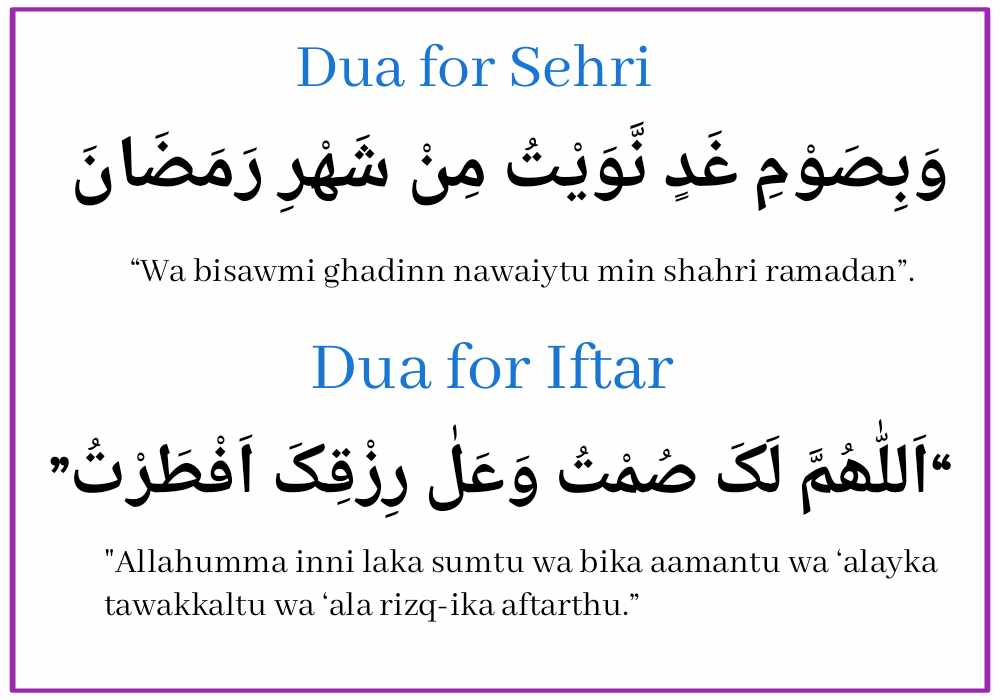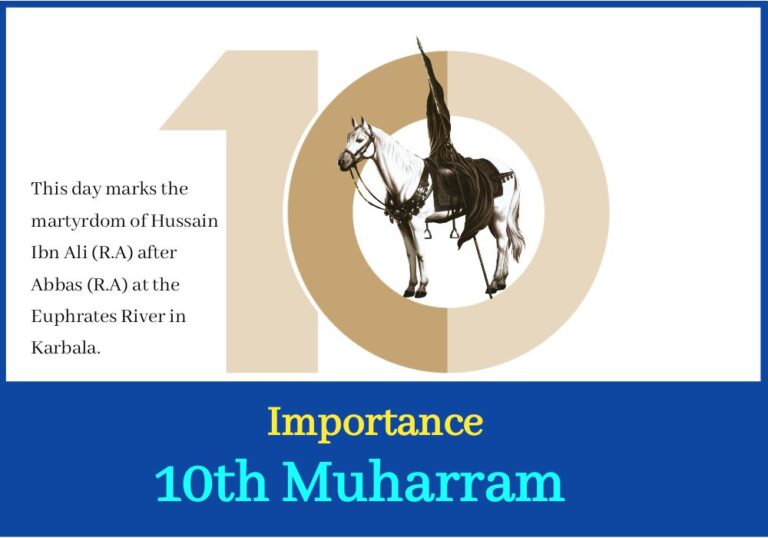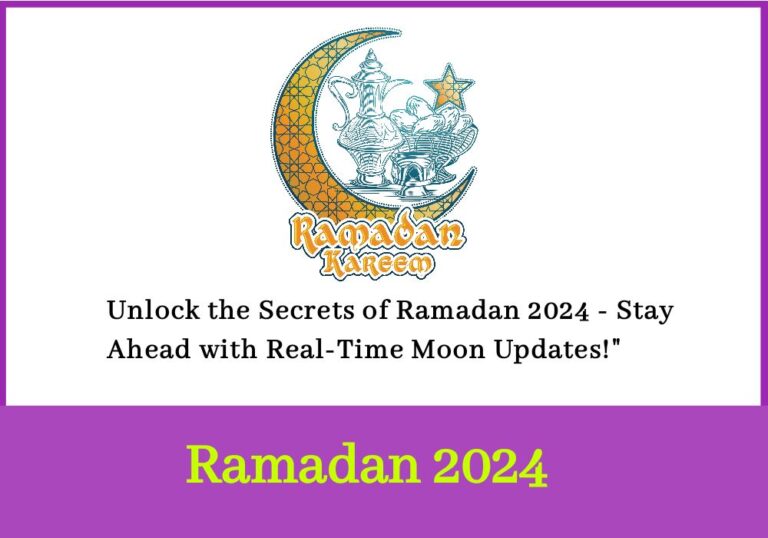Ramadan, the holy month of fasting and intense devotion for Muslims around the world, is a time of spiritual reflection, self-discipline, and increased acts of worship.
It is during this sacred period that we Muslims observe a fast from dawn to sunset, abstaining from food and drink.
The Dua (Supplication) for Intention of Fasting (Stop Eating)
In Arabic:
وَبِصَوْمِ غَدٍ نَّوَيْتُ مِنْ شَهْرِ رَمَضَانَ
“Wa bisawmi ghadinn nawaiytu min shahri ramadan”.
Meaning: I have made the intention to fast tomorrow for the month of Ramadan.
Dua for Breaking the Fast (Iftar)
In Arabic:
“اَللّٰھُمَّ لَکَ صُمْتُ وَعَلٰ رِزْقِکَ اَفْطَرْتُ”
“Allahumma inni laka sumtu wa bika aamantu wa ‘alayka tawakkaltu wa ‘ala rizq-ika aftarthu.”
Meaning: “O Allah, for You, I have fasted and with Your provision, I am breaking my fast.”
Conclusion Points
In conclusion, the act of breaking the fast during Ramadan is a sacred and cherished moment for Muslims around the world.
It is a time to offer gratitude and seek blessings from Allah. Reciting the dua for iftar and dua for breaking fast not only adds spirituality to the meal but also serves as a reminder of the significance of this holy month.
FAQS
What is the significance of reciting a dua for iftar during Ramadan?
Reciting a dua for iftar is a way to express gratitude and seek blessings from Allah for providing sustenance. It also helps in increasing mindfulness and acknowledging the importance of breaking fast.
Is there a particular time to recite the dua for iftar?
The best time to recite the dua for iftar is right before breaking your fast by consuming dates or water. However, it can be recited anytime during the evening meal as well.
Can I recite the dua for iftar silently or does it need to be spoken out loud?
You can recite the dua for iftar both silently and aloud, whichever method you find more comfortable. The intention behind the supplication matters more than how it is articulated.
Can non-Muslims also recite these duas during Ramadan?
Yes, anyone regardless of their faith can learn and recite these duas during Ramadan as they promote mindfulness, gratitude, and reflection on one’s blessings.







